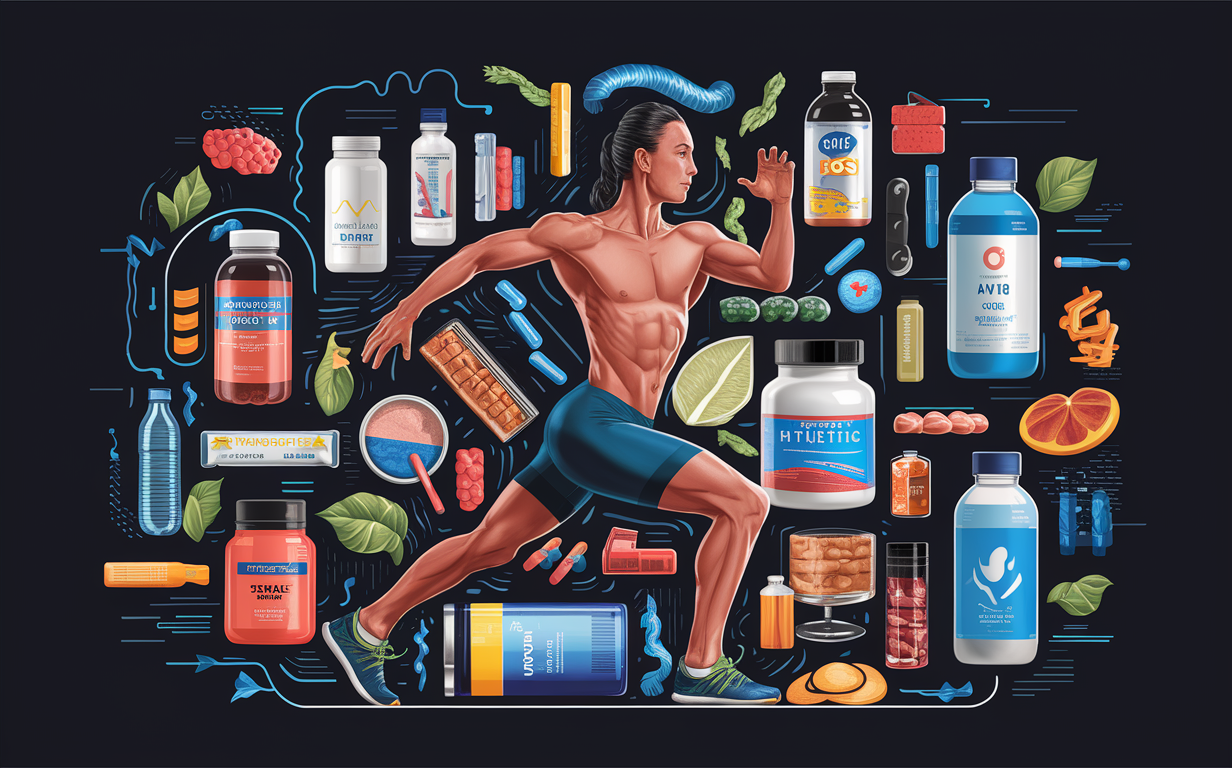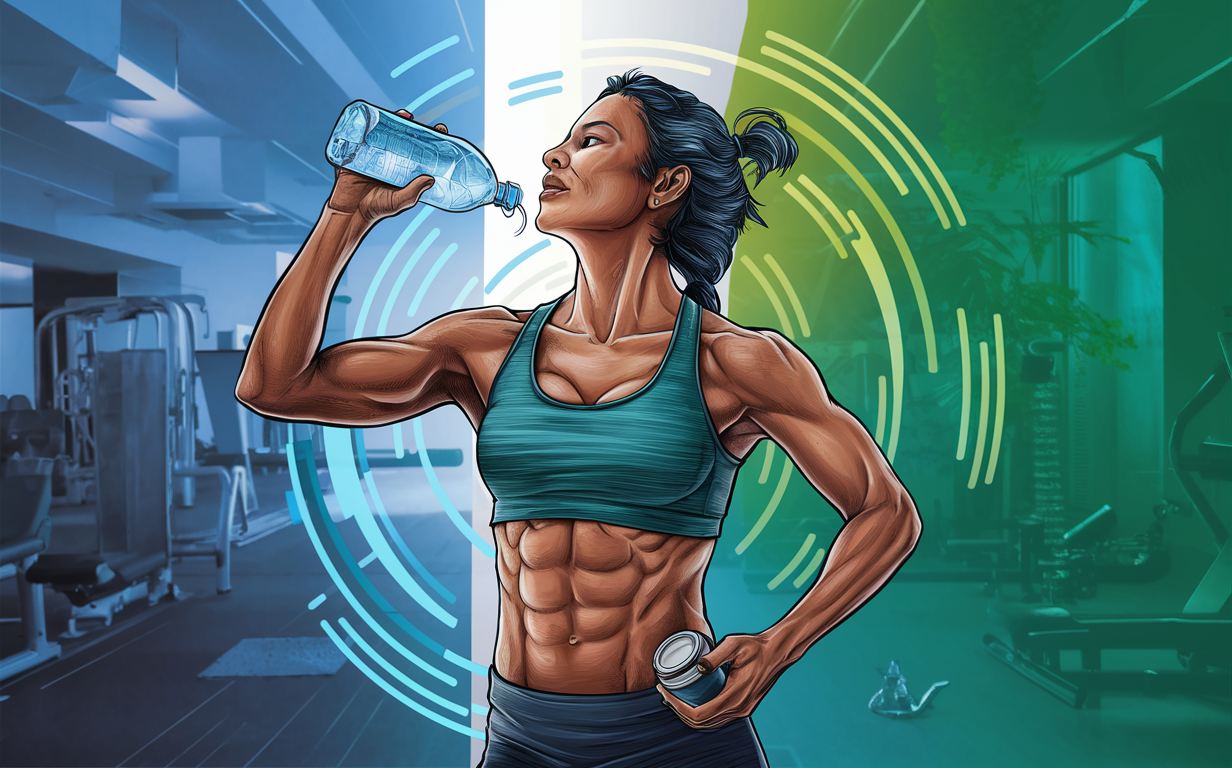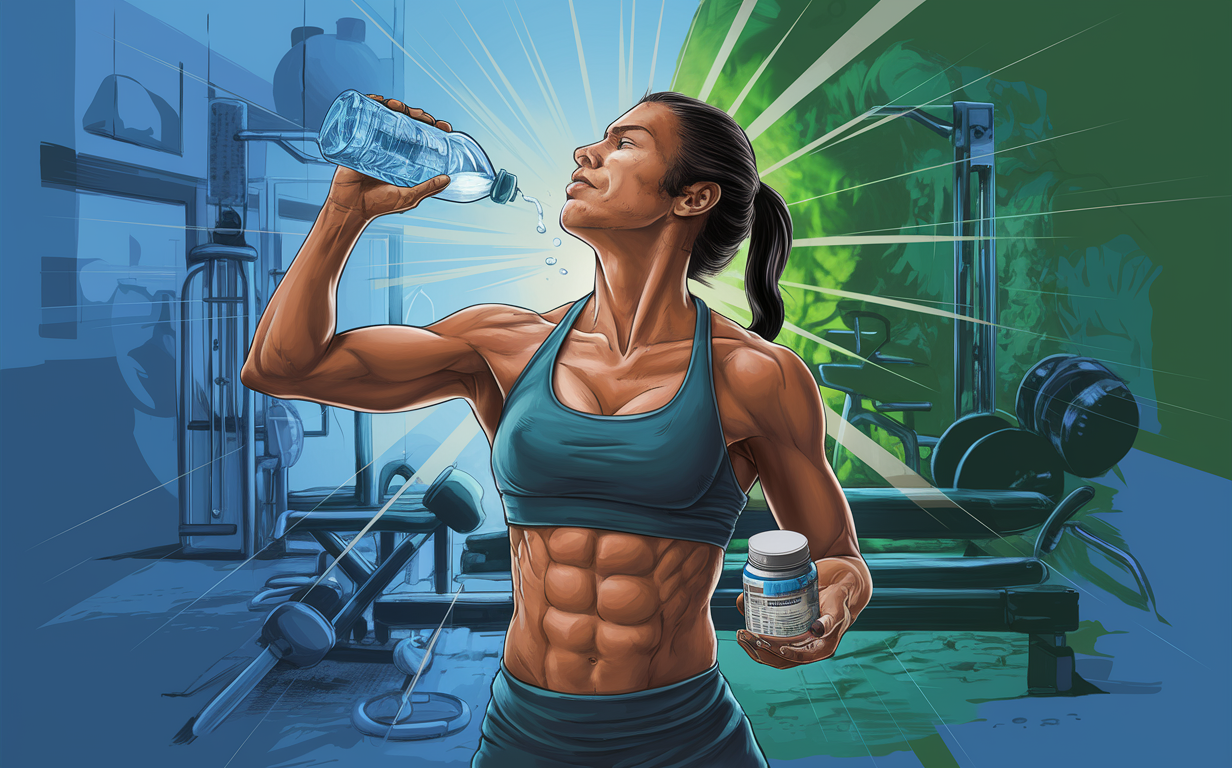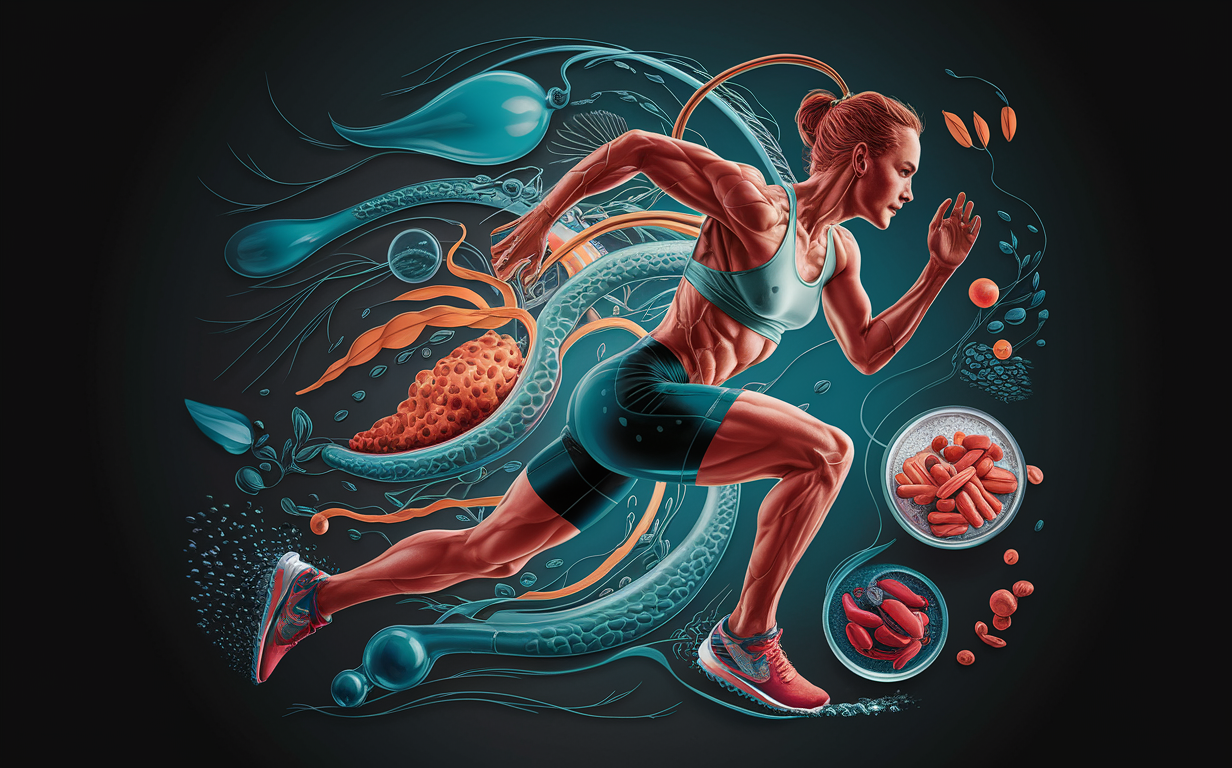

Proper hydration and targeted supplementation are essential components of an effective fitness nutrition plan. In this article, we’ll discuss the importance of staying hydrated, the role of supplements in enhancing performance, and real-life experiences from M-Power Fitness Studio’s clients.
Hydration and supplementation are two critical aspects of fitness nutrition that can significantly impact your performance and overall well-being. Proper hydration ensures your body functions optimally, while targeted supplementation can help fill nutritional gaps and boost energy levels. In this article, we’ll dive into the world of hydration and supplementation, sharing real-life experiences from M-Power Fitness Studio’s clients and providing actionable tips to help you optimize your fitness nutrition.

Proper hydration is essential for several reasons:
Dehydration, on the other hand, can lead to various negative effects, such as muscle cramps, dizziness, fatigue, and impaired physical and mental performance. Therefore, it is crucial to stay hydrated by drinking water regularly, especially before, during, and after physical activity or exposure to hot environments.
Dehydration can manifest in various ways, including increased thirst, fatigue, dizziness, and headaches. In severe cases, it can lead to more serious health issues, such as heat exhaustion or heatstroke.
Dehydration occurs when the body loses more fluids than it takes in, leading to an imbalance in the body’s water and electrolyte levels. Here are some common signs and symptoms of dehydration:
To avoid dehydration, it’s essential to drink enough fluids throughout the day, especially during hot weather, physical activity, or illness. Here are some tips to help prevent dehydration:
If you experience severe dehydration symptoms, such as extreme thirst, dizziness, rapid heartbeat, or confusion, seek medical attention immediately.
To maintain optimal hydration levels, aim to drink at least 8-10 glasses of water per day. During physical activity, it’s essential to consume water regularly to replace the fluids lost through sweat. Additionally, incorporating electrolyte-rich beverages, such as sports drinks, can help replenish essential minerals and enhance performance.

Achieving your fitness goals requires more than just regular exercise; it also demands a well-rounded nutrition plan tailored to your specific needs. Proper nutrition provides the energy and nutrients necessary to support your body during physical activity, aid in recovery, and promote overall health and well-being.
Macronutrients – proteins, carbohydrates, and fats – play crucial roles in fitness nutrition:
Micronutrients, including vitamins and minerals, are equally important for optimal fitness performance:
Proper meal timing and planning can significantly impact your fitness journey:
Staying hydrated is crucial for optimal fitness performance. Dehydration can lead to fatigue, muscle cramps, and impaired cognitive function. Aim to drink water regularly, especially before, during, and after physical activity.

While a well-balanced diet should provide most of the necessary nutrients, supplements can help bridge nutritional gaps and support specific fitness goals:
| Supplement | Benefits |
|---|---|
| Protein Powder | Supports muscle growth and repair |
| Creatine | Improves strength and endurance during high-intensity workouts |
| BCAA | Reduces muscle soreness and improves recovery time |
| Iron | Supports oxygen transport in the body and aids in energy production |
| Vitamin D | Supports bone health and immune function |
Remember, supplements should not replace a balanced diet but rather complement it. Always consult with a healthcare professional or registered dietitian before starting any new supplement regimen.

What are supplements, and why are they important?
Supplements are dietary additives that can help provide essential nutrients, vitamins, and minerals that may be lacking in your diet. For athletes and fitness enthusiasts, targeted supplementation can help improve performance, enhance recovery, and support overall health.
What are some common supplements used in fitness nutrition?
Some popular supplements used in fitness nutrition include protein powder, creatine, and BCAA (branched-chain amino acids). Protein powder helps support muscle growth and repair, while creatine can improve strength and endurance during high-intensity workouts. BCAA supplementation can help reduce muscle soreness and improve recovery time.
| Electrolyte | Role in the Body |
|---|---|
| Sodium | Regulates fluid balance and nerve and muscle function |
| Potassium | Regulates fluid balance, nerve function, and muscle contractions |
| Calcium | Essential for muscle contractions, nerve function, and bone health |
| Magnesium | Regulates muscle and nerve function, blood sugar levels, and blood pressure |
| Supplement | Benefits |
|---|---|
| Protein Powder | Supports muscle growth and repair |
| Creatine | Improves strength and endurance during high-intensity workouts |
| BCAA | Reduces muscle soreness and improves recovery time |
| Iron | Supports oxygen transport in the body and aids in energy production |
| Vitamin D | Supports bone health and immune function |
Jessica’s Story Jessica, a regular at M-Power Fitness Studio, shares her experience with hydration and supplementation. “I used to struggle with dehydration during my workouts, which would lead to fatigue and poor performance. But since I started focusing on staying hydrated and incorporating electrolyte-rich beverages, I’ve seen a significant improvement in my energy levels and overall performance.”
Sarah’s Story Sarah, another M-Power Fitness Studio client, talks about her experience with supplementation. “I’ve been taking a protein powder supplement for a few months now, and I’ve noticed a significant difference in my muscle recovery time. I’m able to get back to the gym faster and with more energy, which has helped me make better progress towards my fitness goals.”
Conclusion: Hydration and supplementation are essential components of an effective fitness nutrition plan. Proper hydration ensures your body functions optimally during physical activity, while targeted supplementation can help fill nutritional gaps and enhance performance. By focusing on these two aspects, you’ll be well on your way to optimizing your fitness nutrition and achieving your health and fitness goals.